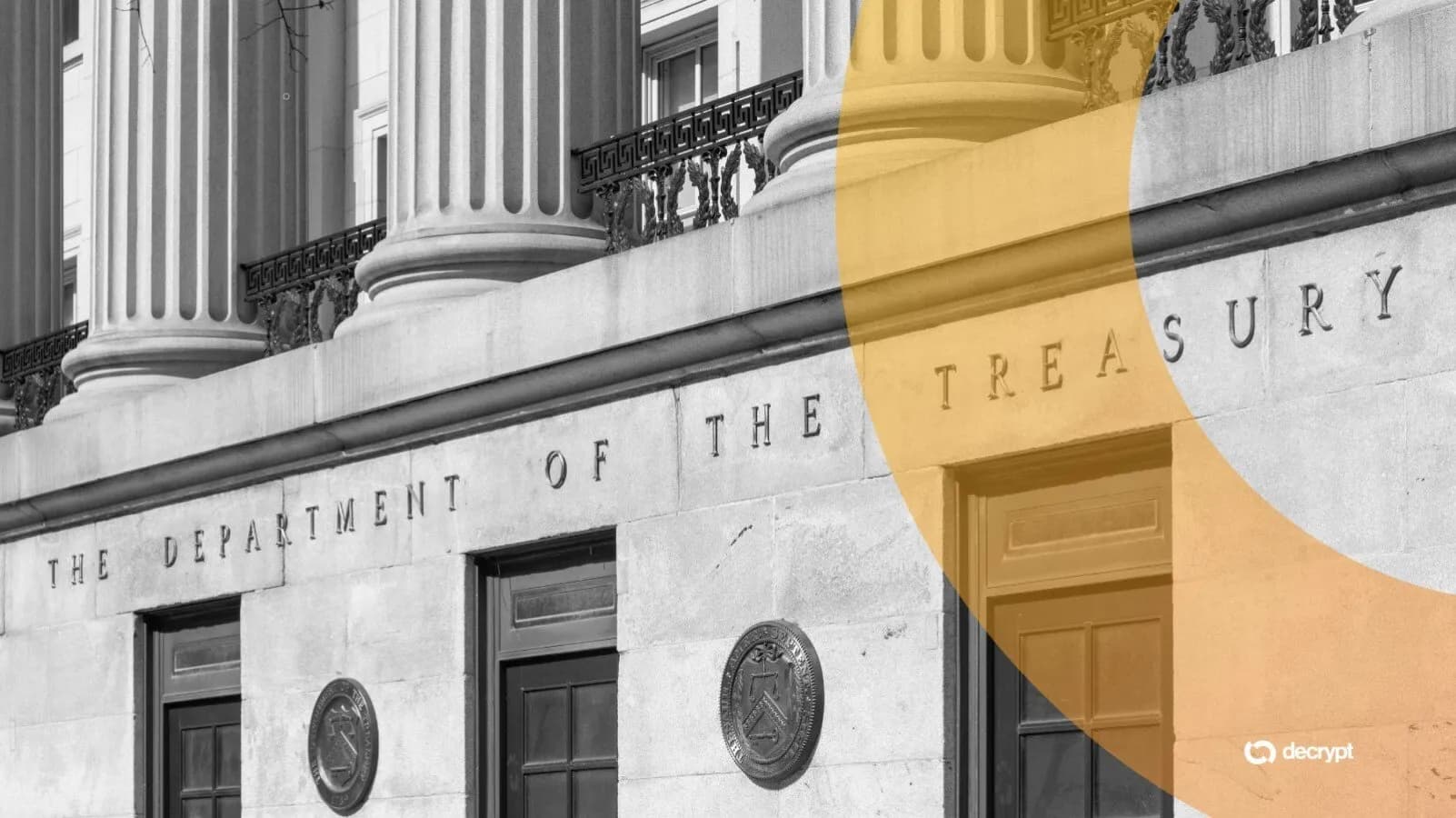US Treasury Sanctions 19 Southeast Asian Entities in $10B Cyber Scam Crackdown

News Summary
The U.S. Treasury has sanctioned 19 entities across Burma and Cambodia, accusing them of scamming Americans out of over $10 billion in 2024, a 66% increase from the previous year. These actions target networks that use trafficked workers forced to conduct "pig butchering" scams through fake investment platforms and romance schemes. The sanctioned entities include nine operating in Burma's notorious Shwe Kokko hub and ten based in Cambodia, all linked to large-scale "pig butchering" schemes that exploit forced labor and violence to defraud victims. John K. Hurley, Under Secretary of the Treasury for Terrorism and Financial Intelligence, emphasized that these operations not only threaten Americans' financial security but also subject thousands to modern slavery. While cryptocurrencies like USDT are favored by scammers for instant fund transfers, experts note that investigators can trace funds once bad actors are identified and work with companies to freeze them. Although sanctions are effective, they are not a "silver bullet," as criminal networks often "rebrand" after being sanctioned, highlighting the need for continuous enforcement pressure.
Background
"Pig butchering" scams are a complex form of cyber fraud where scammers manipulate victims through emotional connections or fake investment opportunities to extract large sums of money. These networks employ trafficked workers, often under forced labor and violence, specifically targeting English-speaking Americans. Burma's Shwe Kokko (Yatai New City) is a criminal empire established by Chinese national She Zhijiang and Karen National Army (KNA) leader Saw Chit Thu, custom-designed for gambling, drug trafficking, prostitution, and global cyber scams, operating under KNA protection. Cambodia's scam network operates from former casino complexes in Sihanoukville, now functioning as fraud centers managed by Chinese nationals with extensive criminal histories. Previously, a Humanity Research Consultancy report in May linked Cambodia's ruling elite to a $19 billion crypto-fueled scam industry. A UN report also warned that these syndicates are expanding operations from Southeast Asia to Africa and the Middle East.
In-Depth AI Insights
What do the Treasury's targeted actions signal about the Trump administration's foreign policy priorities and its approach to digital financial crime? This sanctioning action signals the Trump administration's prioritization of protecting American citizens and financial systems, even if it entails intervention in Southeast Asian regions with complex governance and potential informal Chinese influence. This strategy may be viewed not just as a crackdown on cybercrime but also as a geopolitical move to subtly exert influence and challenge Chinese informal sway within these criminal enclaves. Furthermore, it highlights the administration's growing recognition of crypto's role in illicit finance, foreshadowing a potentially more assertive regulatory stance on digital assets. Considering the trend of criminal networks rebranding after sanctions, how should investors assess the long-term effectiveness of such enforcement actions and their potential impact on the cryptocurrency market? - While sanctions can effectively disrupt scam operations in the short term, their long-term efficacy is constrained by the inherent cat-and-mouse game. Criminal groups' rapid adaptability and ability to "rebrand" mean continuous enforcement pressure and international cooperation are crucial. - For the cryptocurrency market, these sanctions intensify pressure on stablecoin issuers and exchanges to enhance compliance and anti-money laundering (AML) measures. This could lead to stricter KYC (Know Your Customer) requirements and prompt greater caution from mainstream financial institutions interacting with the digital asset ecosystem, potentially affecting crypto liquidity and institutional adoption. - Investors should monitor for the potential emergence of more comprehensive global cryptocurrency regulatory frameworks, which could have profound implications for the legitimacy and valuation of the entire digital asset industry. What do the deep ties between these Southeast Asian criminal networks and local elites/military forces imply for the region's investment landscape and geopolitical stability? - Such deep connections expose entrenched corruption and governance weaknesses in parts of Southeast Asia, raising political risk for legitimate businesses operating there. Investors face the risk of inadvertently associating with sanctioned or illicit entities, potentially incurring secondary U.S. sanctions. - It could also exacerbate geopolitical complexities in the region, as U.S. crackdowns on criminal networks might be perceived as interference in internal affairs, particularly in countries with strong economic ties to China. This could escalate regional tensions and affect supply chain stability. - In the long run, if these criminal networks are not effectively curtailed, they could erode investor confidence, deter foreign direct investment, and negatively impact the economic development of these nations.